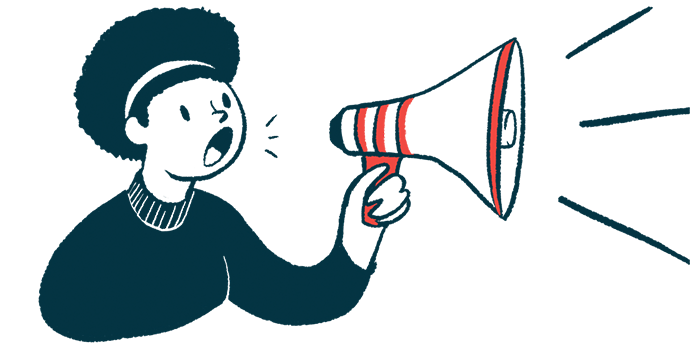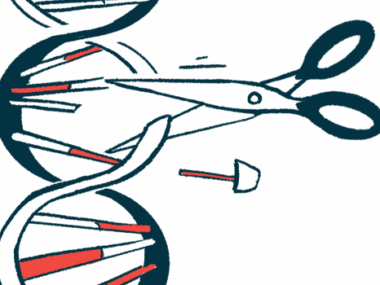Virtual AADC Deficiency Awareness Day is Oct. 22
Written by |

The second AADC Deficiency Awareness Day will take place virtually on Oct. 22. It is sponsored by the AADC Family Network and PTC Therapeutics, which is currently developing a gene therapy for aromatic l-amino acid decarboxylase (AADC) deficiency.
PTC announced the event, which aims to raise awareness for the rare disorder and will feature virtual activities held on Oct. 22, in a press release.
As in 2020, PTC will support the AADC Family Network and MassBio in conducting a live webcast from at least three participating locations in the United States.
Last year’s event, while also virtual, was hosted only in Massachusetts and was co-hosted by MassBio and the Boston Children’s Hospital. This year’s sponsors include California Life Sciences Association and BioNJ.
PTC attributed the event’s expansion to California and New Jersey to “first of its kind legislation in California and New Jersey enabling the share of accurate and timely AADC rare disease information and inspiration.”
Although the company did not specify which legislation it was referring to specifically, several rare disease-related bills are in motion in those states.
Both have proposed the creation of a state Rare Disease Advisory Council, which would oversee research and public health initiatives related to rare diseases. In California, SB247 continues to await a final vote, while NJ S2682 was signed into law recently.
Kelly and Bruce Heger founded the AADC Family Network in 1998, following the diagnosis of their daughter, Jillian. The charitable organization supports AADC deficiency research, medical assistance efforts, support, and awareness. The network funded the first database focused on collecting information needed to link the disorder’s severity to distinct signs and symptoms.
Those interested in finding more information on the day’s events are encouraged to visit the AADC Family Network’s Facebook page.
PTC Therapeutics is currently seeking regulatory approval for PTC-AADC, an investigational gene therapy that seeks to provide patients with functional copies of the AADC enzyme, whose loss underlies the disorder. The treatment consists of injecting a harmless virus carrying a healthy copy of the DDC gene directly into a specific area of patients’ brains.
The company has submitted an application to the European Medicines Agency, and intends to seek approval in the United States in the near future.




